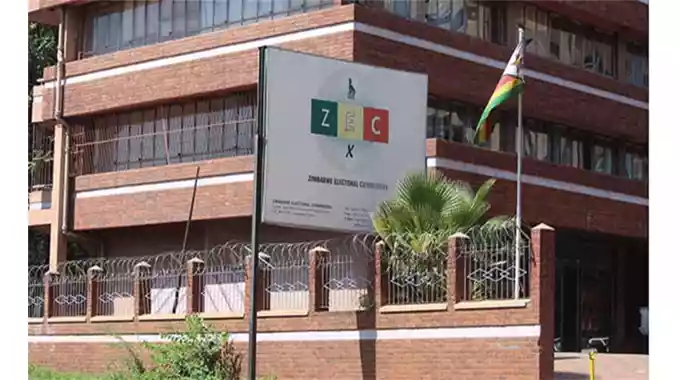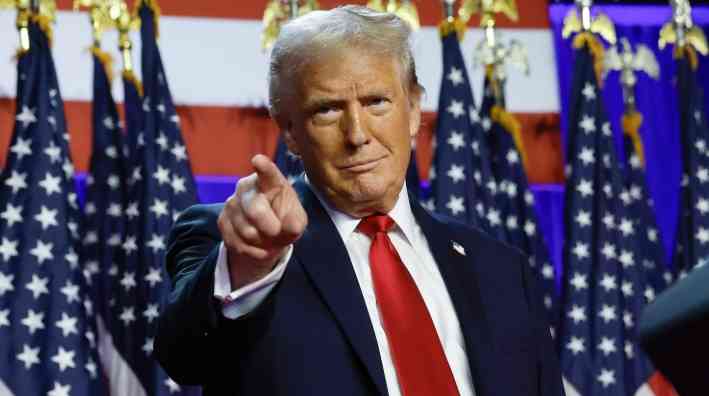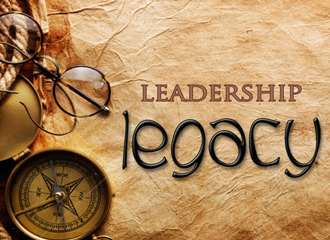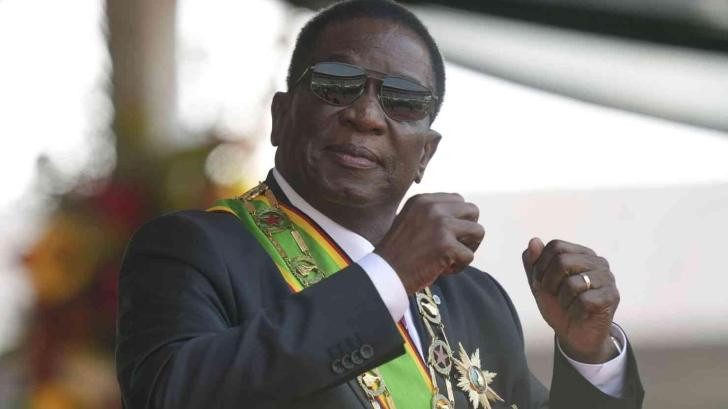
By Ibbo Mandaza, Tony Reeler and Obert Masaruare
N
ow that Zanu PF has again imploded almost irreparably, and with both immanent and imminent threat to the state itself, Zimbabwe faces another moment of uncertainty.
Not least because the other factors, normally attendant to the political process over the tumultuous period since 2000, have declined into insignificance.
The formal opposition lies lame and virtually comatose; Sadc is all but dead and cannot be expected to afford any influence whatsoever.
Likewise, the so-called international community is consumed with more pressing matters than a Zimbabwe now so remote and marginal.
The economy which, though in permanent crisis and has caused both the growth of an informal sector and the exodus of at least 75% of the country’s professional and skilled population, has so far not been the expected fuel of revolutionary change.
The most disturbing aspects of all this is the growing perception in public opinion, that another coup within the Zanu PF state might redeem the situation, even in the face of almost eight years of evidence that this is the very same regime that has wrought havoc over the last two decades or more.
- Can Zimbabwe hold a credible election?
- Letter from America: Ariel Primary: A school that teaches pupils to be angels
- Can Zimbabwe hold a credible election?
- Letter from America: Ariel Primary: A school that teaches pupils to be angels
Keep Reading
Let’s be clear: the replacement of President Emmerson Mnangagwa with Chiwenga may not in the current circumstances yield the political and economic respite that Zimbabwe sorely needs, even if, as is expected, there will be at least an assault on the current unbridled corruption and its consequences for the state itself.
For, it is obvious that the state in Zimbabwe has over the last two decades been depleted of capacity to deliver, let alone possess the fundamentals of a functioning democracy, namely an accountable executive, a vibrant legislature, and a fiercely independent judiciary.
As we have already stated, Zimbabwe is in dire need of a mechanism, a transitional period during which to introspect, reorganize and find itself towards a new beginning, a National Transitional Authority (NTA).
So, what is to be done? Do we stand by, again, as the internecine power struggle rages within a ruling party now virtually shed of any semblance of its liberation credentials, politically and ideologically vacuous, and its securocrat state, not only incapable of political and economic reform, but also threatened with disintegration before our eyes?
The government claims that the country is moving to the prized status of a “middle-income” country whilst most of the citizens are mired in abject poverty.
Last year over 30 000 young Zimbabweans graduated from the 10 state universities with virtually no prospect of employment other than in the massive informal economy, and this year 6 900 youngsters graduated from Zimbabwe’s oldest university, the University of Zimbabwe, to join the same throng into unemployment.
A recent survey points out that 75% of 1 480 respondents stated that the direction in which the country was going was “very negative”, echoing a similar finding from the Afrobarometer in 2024 where 61% said the same.
Against this background, where does this optimism of the government that the future is rosy come from?
How can the prospects be bright when the ruling party is riven by internal conflict over succession once again? The last time such conflict within Zanu PF occurred the result was a coup.
The great hope at that time was the new regime would undertake the extremely necessary reforms needed to stabilise the economy, deal with the growing debt, and restore public services.
This was indeed a forlorn hope, and none of these problems were solved and in fact all got worse.
Currently, three conditions handicap any genuine democracy in Zimbabwe: the executive is largely unaccountable, parliament is largely supine and incapable of genuine oversight, and the judiciary is partisan in all political decisions. And, of course, the continual failure of the electoral management body, the Zimbabwe Electoral Commission (ZEC), to ensure that an election meets the conditions of freeness and fairness.
The failure of Zec in 2023 was laid bare even the Sadc Electoral Observation Mission (SEOM), but “cured” by the Sadc summit’s congratulations for Zimbabwe holding a "peaceful” election.
To further challenge the rhetoric, there is also the thorny problem of the civil service in all its branches and its inability to deliver the public good and services expected by the citizenry and promised by the government.
Currently, as seen so clearly in the state of the health services and education, public goods and services are increasingly absent, leaving the citizens to fend for themselves. This failure is exemplified by the annual reports of the Office of the Auditor-General (OAG).
Discussions on the Sapes Policy Dialogue Forum on health and education unpacked the many reasons why Zimbabweans feel abandoned and cynical about the government’s claims that life will improve.
Apart from no jobs, public goods and services in the country are in intensive care, and the auditor-General points out just one reason, over half the budget allocated to state ministries – a not inconsiderable US$ 450 million – was underspent.
Whilst this is due in 2024 to a failure by government to provide funds, the past decade has also shown that the inability to deliver public goods and services is likely to have been due to other reasons, exemplified by the inability of ministries, departments, agencies, and local government to provide adequate accounting for expenditure. This was comprehensively unpacked in a Sapes Policy Dialogue on August 21.
The OAG has the important role of ensuring that the government spends the taxpayer’s money in ways that are agreed and that the expenditure is properly accounted for. In the constitution (Part 5, Section 309), the functions of the auditor-general are described as follows:
(2) The functions of the auditor-general are—
- a) to audit the accounts, financial systems and financial management of all departments, institutions and agencies of government, all provincial and metropolitan councils and all local authorities;
- b) at the request of the Government, to carry out special audits of the accounts of any statutory body or government-controlled entity;
- c) to order the taking of measures to rectify any defects in the management and safeguarding of public funds and public property;
The OAG reports are a critical component of the whole accountability structure envisaged by the constitution, and these reports are crucial to the proper oversight of the executive and the legislature.
However, perhaps the oversight provided by the OAG itself is somewhat overrated. There is no doubt that the OAG provides reliable information on state financial management, but the oversight by parliament and the executive in respect of the audit findings is considerably poorer than is desired.
In every annual report the OAG indicates how well, or badly, the state has been managing the taxpayers’ money. In accordance with standard auditing practices, the OAG gives four kinds of findings on the audit of ministries, departments, and agencies (MDAs) financial management:
- Unqualified- The financial statements contain no material misstatements.
- Qualified- The financial statements contain material misstatements in specific amounts, or there is insufficient evidence to conclude that specific amounts included in the financial statements are not materially misstated.
- Adverse- The financial statements contain material misstatements that are not confined to specific amounts, or the misstatements represent a substantial portion of the financial statements.
*Ibbo Mandaza, Tony Reeler, and Obert Masaraure are members of the Platform for Concerned Citizens PCC), and members of the National Steering Committee for a National Dialogue.











